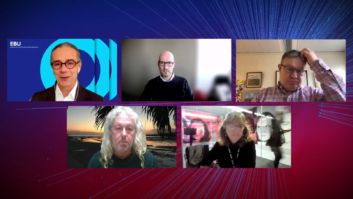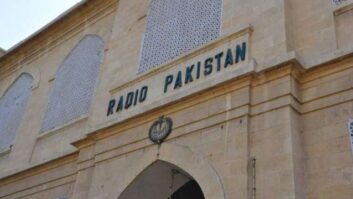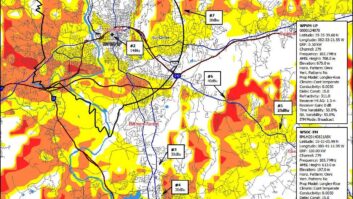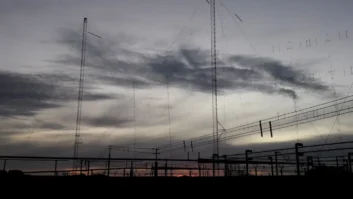Digital Radio was at the center of the “The Digital Radio Experience” workshop organized by WorldDMB and held during the Le Radio conference in Paris, Feb. 5–7.
The workshop touched on issues such as cost, regulation, competition and revenue generation opportunities for broadcasters, and put theory into practice by illustrating various international case studies from countries already committed to a digital radio future.
Patrick Hannon, vice president, Corporate Development for chip maker Frontier Silicon emphasized that radio needs to stay competitive in a quickly converging world.
‘‘Radio needs to remain relevant and go digital in a world where competition comes from a wide range of media such as Spotify and Google,” he said. “There is now compelling evidence that digital radio enables new revenue generation opportunities and broadcasters need to proactively exploit these opportunities to ensure that they stay competitive in the market place.”
Cross-industry collaboration was the key to success for German national public broadcaster Deutschlandradio, where both commercial and public broadcasters in one of the largest radio markets managed the transition to digital radio.
“Digital radio enabled us to save 66 % on transmission costs. After switching off all our analog terrestrial transmitters we calculate to save more than €20 million per annum on distribution costs,” said Chris Weck, technical director for Deutschlandradio.
Weck continued by outlining Deutschlandradio’s future plans for network rollout, marketing, working with retailers, and also by describing the services already on air including data and traffic and travel services.
Also during this year’s Le Radio gathering, Rachid Arhab of the Conseil supérieur de l’audiovisuel (CSA), the French regulator, confirmed the CSA’s request to the French Ministry of Industry to include DAB+ in the technical standard for France.
Radio Numérique Terrestre (RNT) demonstration trials are at present being carried out in Nantes, Lyon, Marseille and Paris with others planned for 2012.












